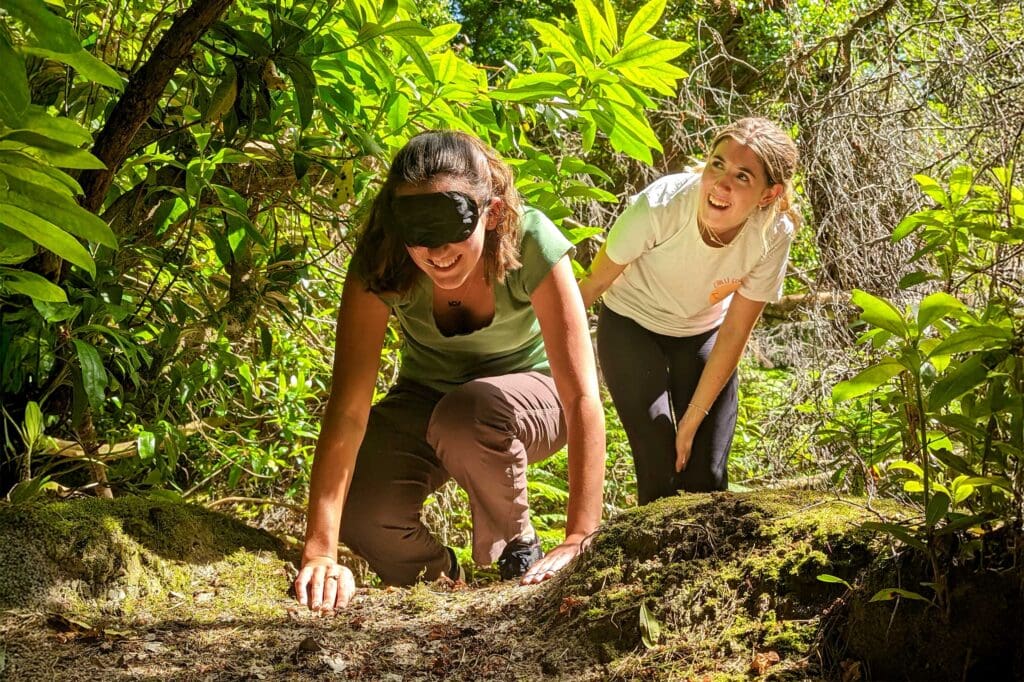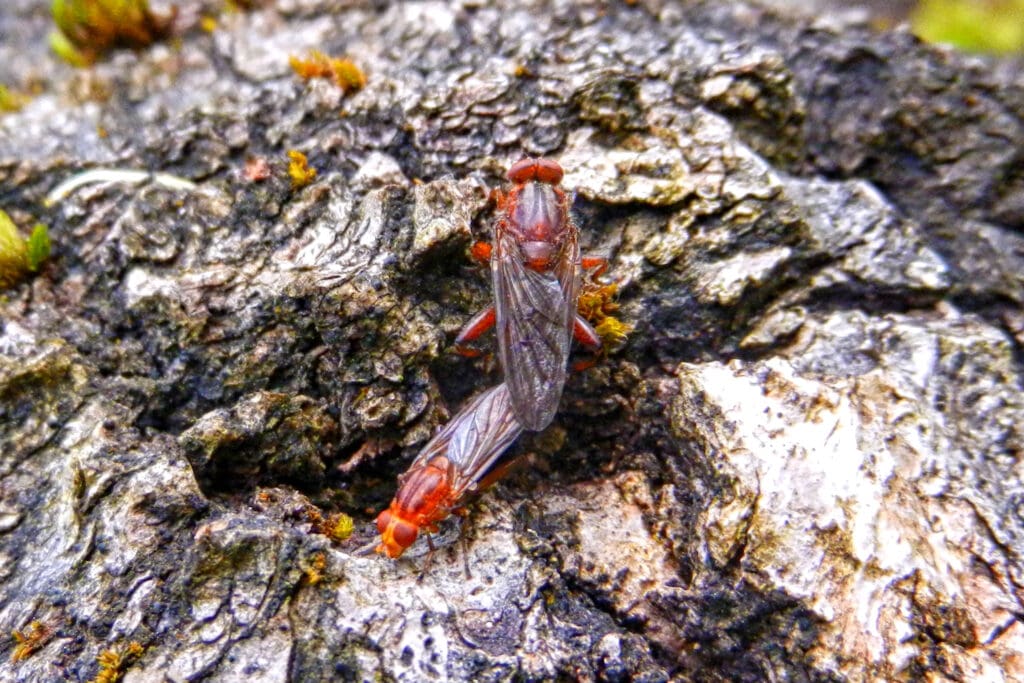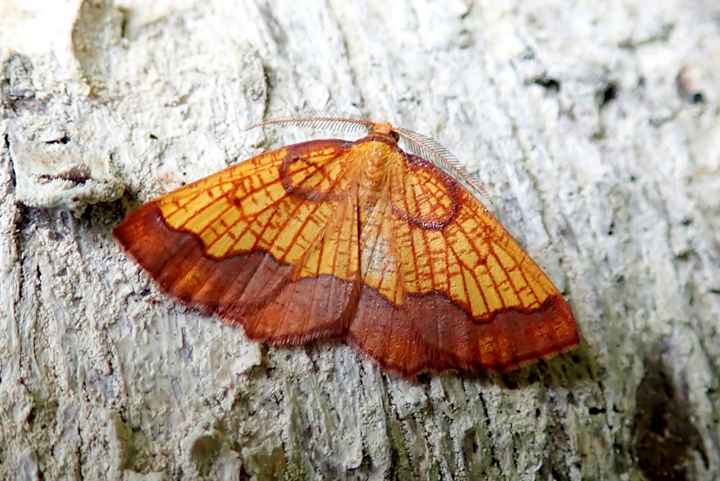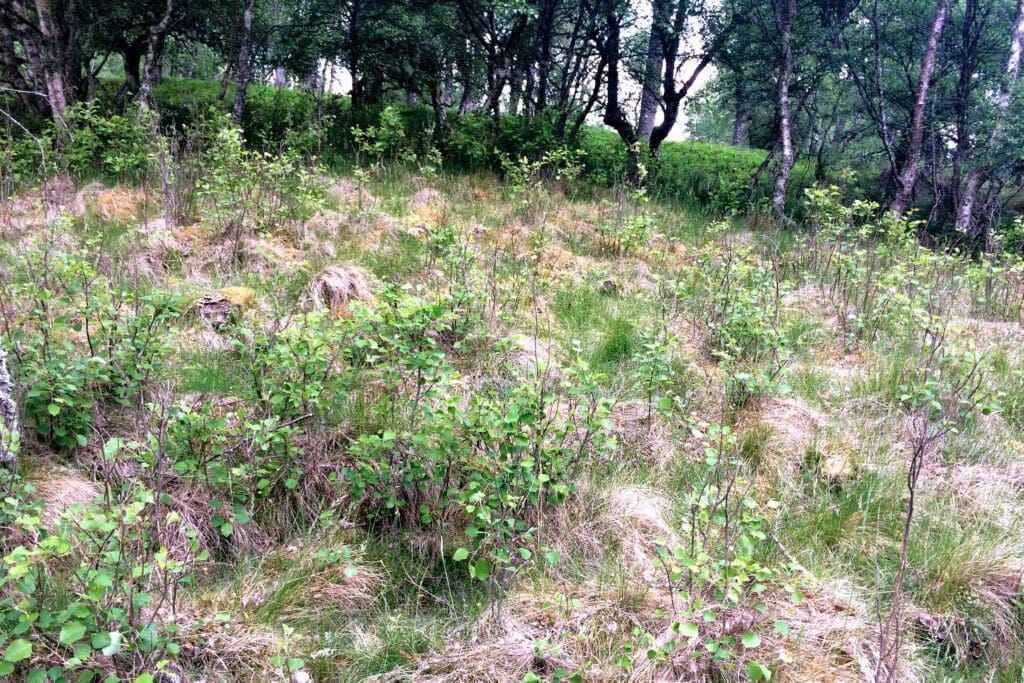Work to manage habitat for rare insects at RSPB Insh Marshes is bearing fruit.
This Strathspey nature reserve supports an important population of the Critically Endangered Aspen Hoverfly, which lays its eggs in rotting cambium under the bark of decaying Aspen trees, as well as in sap runs on living trees.
Last spring’s survey recorded two males and four females at three different trees, with one female seen egg-laying.
Another insect burgeoning here is the rare Dark Bordered Beauty, a golden-orange moth that’s Endangered in the UK, which enjoyed its best-ever year at Insh Marshes. The caterpillars feed on young leaves from Aspen saplings, known as suckers.
At Insh Marshes, we work to reduce grazing pressure to ensure more suckers are available for caterpillars and ensure decaying Aspen wood is available for breeding hoverflies.
You might also like
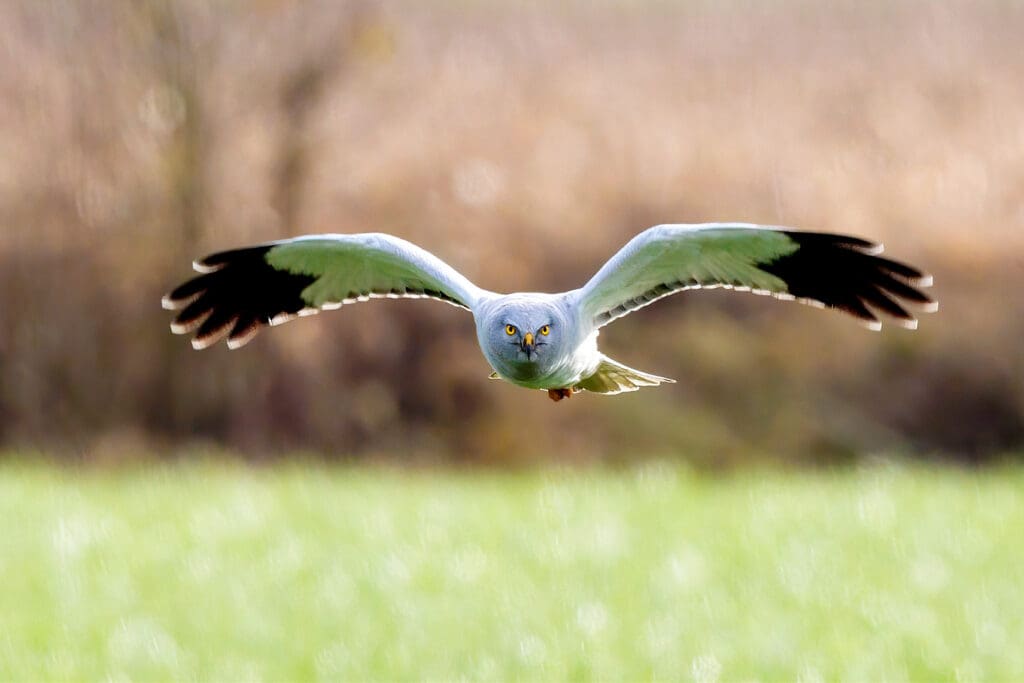
Three RSPB nature reserves to watch
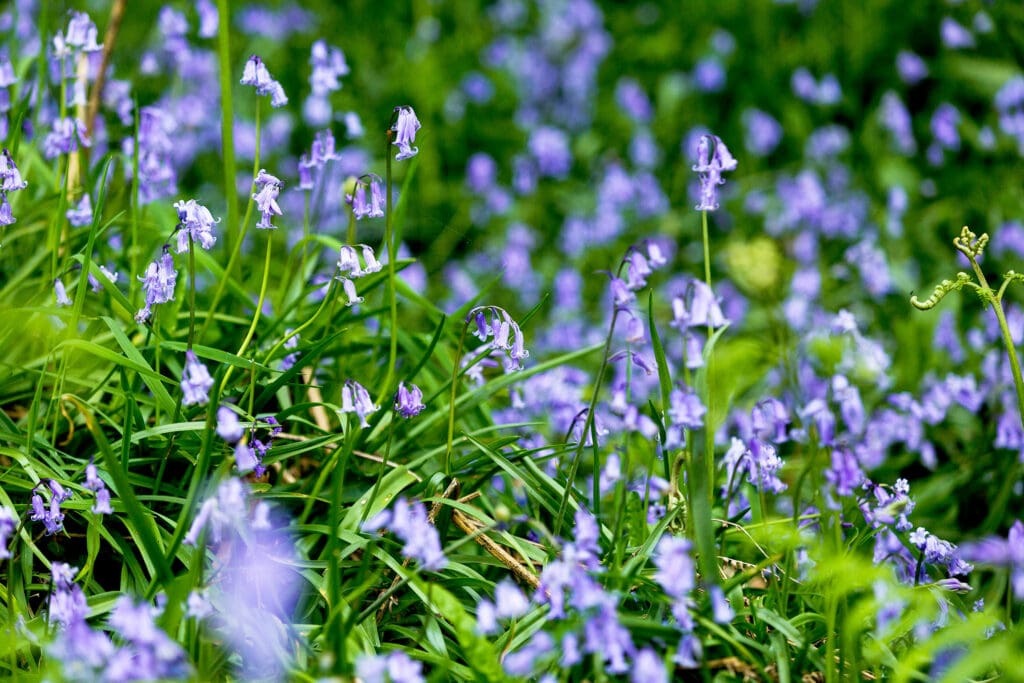
The bugs of the Bluebells
